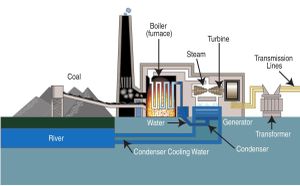The trial of Takashi Kimura, accused of attempting to assassinate former Prime Minister Fumio Kishida during a campaign rally, commenced on February 4, 2025, at the Wakayama District Court. Kimura, 25 years old and unemployed, faces multiple charges, including attempted murder, after he allegedly threw homemade explosives during Kishida's rally last April.
The incident took place when Kishida was campaigning for the House of Representatives by attending a rally at the Saika Fishing Port. It was reported by several outlets, including Jiji Press, how Kimura's actions prompted chaos, leading Kishida to flee but fortunately leaving him unharmed, whereas two others suffered minor injuries.
During the trial, Kimura stated firmly, “I have no intention to kill. I did not mean to injure anyone,” expressing his lack of awareness of the rally at the moment he threw the explosive device. He pleaded not guilty to charges relating to his intent, such as attempted murder, instead confessing to possession and manufacturing explosives.
The prosecution, on the other hand, characterized the attack as terrorism directed against the leader of the nation. They argued, “His acts were aimed at the sitting Prime Minister and indiscriminately harm people, constituting acts of terrorism and endangering democracy.” The prosecution is pushing for severe penalties for what they describe as a dangerous attempt to disrupt the political safety of Japan.
Kimura's defense team countered this narrative, proposing a different interpretation of his actions. They asserted, “There was no danger of killing anyone due to my experiments with the explosive,” thereby classifying the charges as largely overstated. The defense argued their client did not fully grasp the situation and could not be held to murderous intent as he remained silent then during police interrogation phases.
This case raises significant concerns about the security measures surrounding political events, considering the turbulence of recent political attacks, including the assassination of former Prime Minister Shinzo Abe. Many are watching to see how the courts rule on the issues of intent and the ramifications for campaign safety protocols.
It remains to be seen how this trial will conclude, with the final verdict expected on February 19. The case has drawn widespread attention not only for the shocking nature of the alleged crime but also for its broader implications on safety during Japan's increasingly competitive political campaigns.



